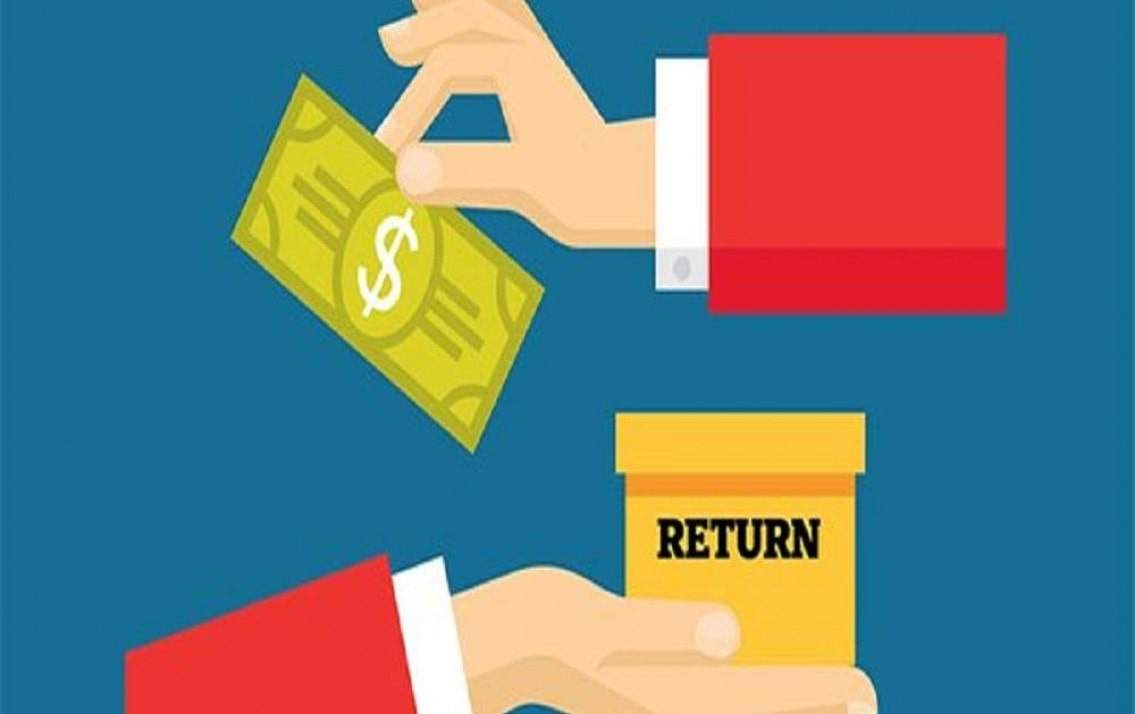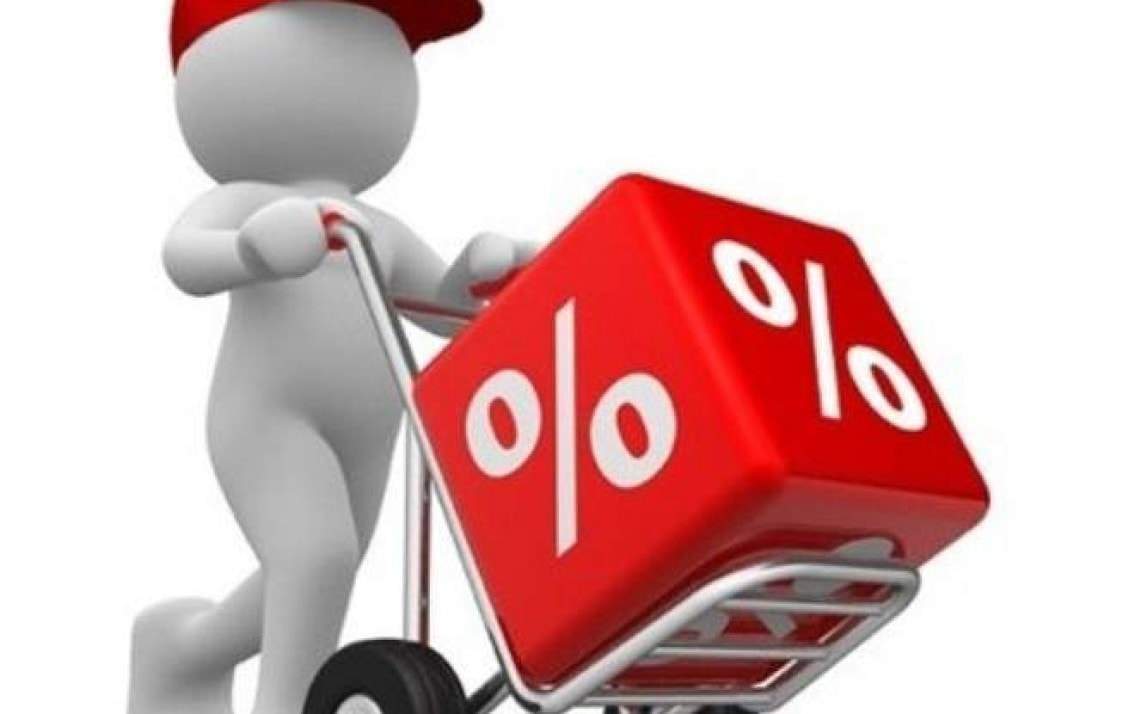5 Rules for using credit cards
Credit cards can help you build credit, but there are a few rules you must follow to avoid going into debt. Money expert Clark Howard says that without credit, you could be punished in many areas of your life: Higher interest rates on loans, more expensive insurance premiums and denied employment if a company checks your credit report. In this article, we will review Clark’s credit card philosophy and how to use plastic the right way. Let’s get started!
.jpg)
1. Have at least Two Credit cards
"Do not put all eggs in one basket" - Having at least 2 bank cards will help you reduce the risk of money which is kept on the card. The dependence on one source of money is much more difficult than on two different sources of money. Moreover, you can easily divide your income in different needs such as living expenses, emergency situation, or saving. In addition, with 2 bank cards for example 1 debit card and 1 credit card will help you balance your financial resources, especially in daily shopping expenses and increase the opportunity to experience great deals and other convenient services.
.png)
2. Go with a Cash back Credit cards
Cashback is a partial refund offer based on the value of the order (like the bill percent discount) for customers when paying by credit card. The refunded amount will be transferred directly to the credit card and can be used to pay later or deducted in the latest monthly statement.
You will get a refund of the product’s value when you use the credit card to cash back every time you shop at supermarkets, stores, and online purchases. This offer not only helps you enjoy a wealth of quality services, but also saves a considerable amount of money on your subsequent purchases.

3. Know your Interest rates
If you can pay off your balances in full every month, your interest rates do not really matter. You will not pay interest. But if you think that you will have to carry a balance, you really have to know your interest rates.
When reviewing credit card offers, consider a low-interest card from a credit union. Some offer rates around 10%.
If you are not looking to obtain a new credit card, call your issuer and ask for a lower interest rate. This could save you a lot of money while you work toward paying off that debt for good.

4. Keep old Credit cards accounts active
Do you have credit cards in the back of your wallet that you never use? Clark says that if you don’t keep your accounts active, your card issuer may decide to close them for you.
Here are two simple ways to keep your cards active:
5. Avoid closing Credit cards account
Clark says it is usually not a good idea to close or cancel a credit card account. The reason? Closing a credit card account, especially one with a high credit limit, may hurt your credit score. On the other hand, it may be worth it to close a credit card account with a high annual fee if you are not getting the benefits.
Before you call your credit card issuer to cancel one of those cards with an annual fee, ask for a retention offer or see if you can be downgraded to a version of the card with no annual fee. That way, you may be able to avoid the annual fee and any negative impact on your credit score.
.jpg)
1. Have at least Two Credit cards
"Do not put all eggs in one basket" - Having at least 2 bank cards will help you reduce the risk of money which is kept on the card. The dependence on one source of money is much more difficult than on two different sources of money. Moreover, you can easily divide your income in different needs such as living expenses, emergency situation, or saving. In addition, with 2 bank cards for example 1 debit card and 1 credit card will help you balance your financial resources, especially in daily shopping expenses and increase the opportunity to experience great deals and other convenient services.
.png)
2. Go with a Cash back Credit cards
Cashback is a partial refund offer based on the value of the order (like the bill percent discount) for customers when paying by credit card. The refunded amount will be transferred directly to the credit card and can be used to pay later or deducted in the latest monthly statement.
You will get a refund of the product’s value when you use the credit card to cash back every time you shop at supermarkets, stores, and online purchases. This offer not only helps you enjoy a wealth of quality services, but also saves a considerable amount of money on your subsequent purchases.

3. Know your Interest rates
If you can pay off your balances in full every month, your interest rates do not really matter. You will not pay interest. But if you think that you will have to carry a balance, you really have to know your interest rates.
When reviewing credit card offers, consider a low-interest card from a credit union. Some offer rates around 10%.
If you are not looking to obtain a new credit card, call your issuer and ask for a lower interest rate. This could save you a lot of money while you work toward paying off that debt for good.

4. Keep old Credit cards accounts active
Do you have credit cards in the back of your wallet that you never use? Clark says that if you don’t keep your accounts active, your card issuer may decide to close them for you.
Here are two simple ways to keep your cards active:
- Set a calendar reminder to use your card at least once every six months
- Make a small recurring purchase and set up automatic payments

5. Avoid closing Credit cards account
Clark says it is usually not a good idea to close or cancel a credit card account. The reason? Closing a credit card account, especially one with a high credit limit, may hurt your credit score. On the other hand, it may be worth it to close a credit card account with a high annual fee if you are not getting the benefits.
Before you call your credit card issuer to cancel one of those cards with an annual fee, ask for a retention offer or see if you can be downgraded to a version of the card with no annual fee. That way, you may be able to avoid the annual fee and any negative impact on your credit score.



